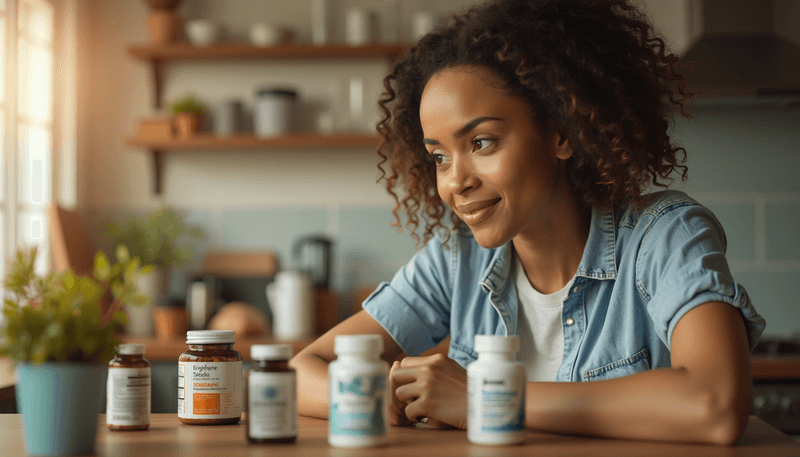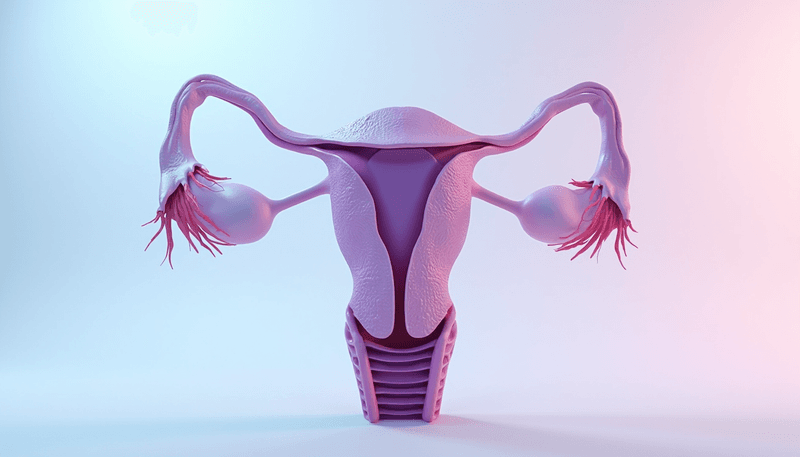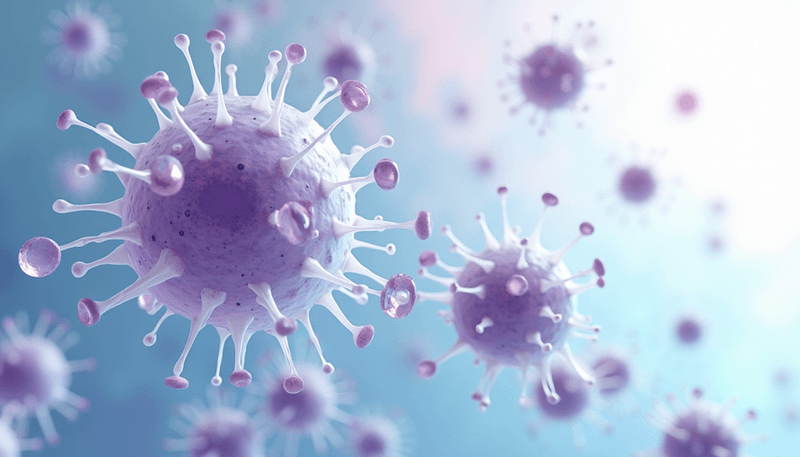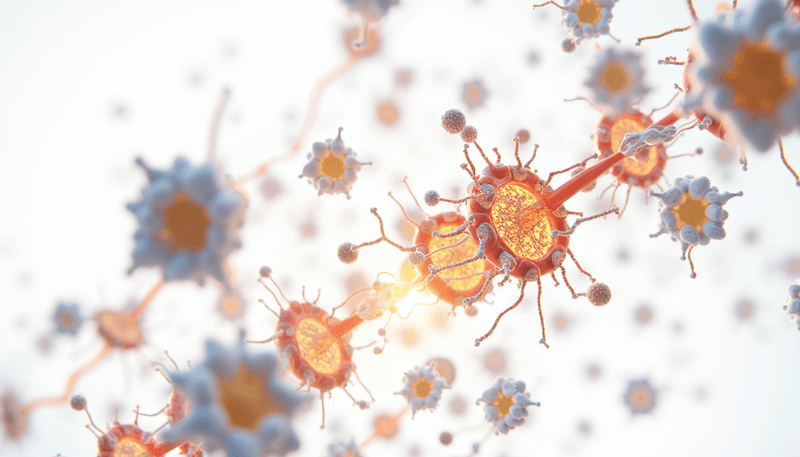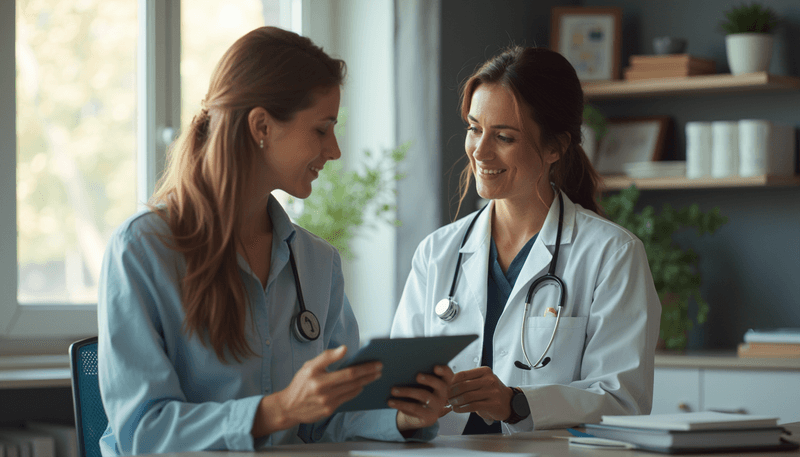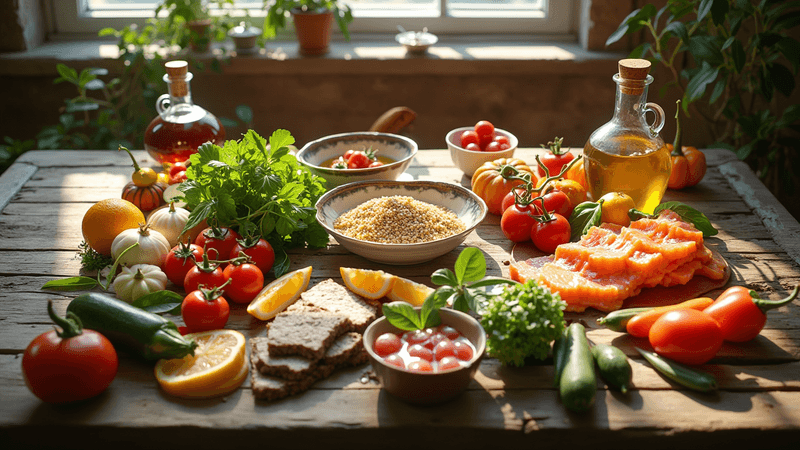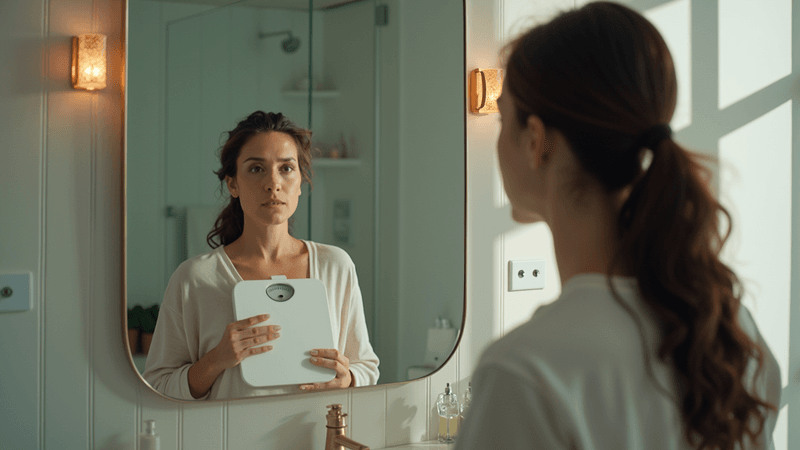Best Supplements For Aging Fertility Success
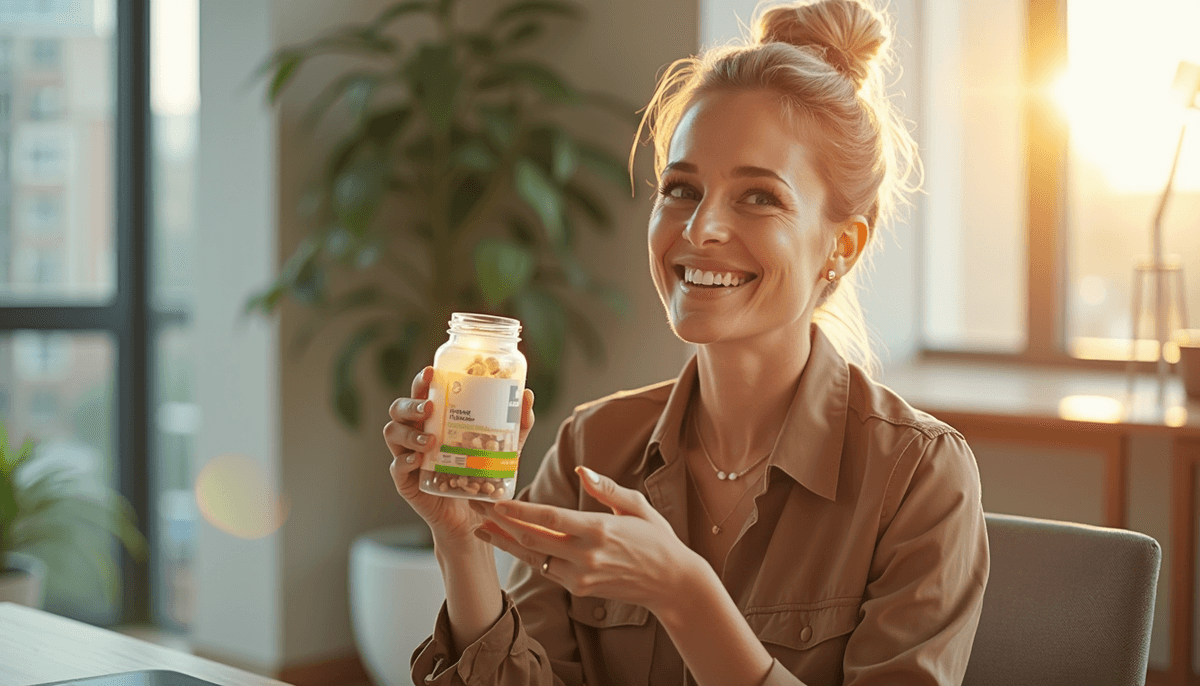
As a woman who navigated fertility challenges myself, I understand the emotional rollercoaster of trying to conceive after 35. New research reveals promising findings about supplement ingredients that could help women with age-related fertility challenges. Let's explore what science tells us about these potential fertility allies.
The Power of DHEA for Ovarian Function
DHEA, a hormone that our bodies naturally produce, peaks in our 20s and gradually declines. By our 40s, levels drop by about half. Think of DHEA as your ovaries' personal trainer – it helps strengthen their response to fertility hormones and supports healthy egg development.
In clinical studies, women taking DHEA supplements showed:
- Increased number of mature eggs during IVF
- Better fertilization rates
- Improved embryo quality
What if you could support your body's natural fertility processes with something it already knows how to use?
Personal insight: When I work with clients in my practice, I often explain DHEA's role using a garden analogy. Just as fertile soil needs the right nutrients to support healthy plant growth, your ovaries need adequate DHEA to nurture developing eggs.
Melatonin: More Than Just Sleep Support
Most of us know melatonin as the sleep hormone, but its role in fertility is fascinating. Like a protective shield, melatonin acts as an antioxidant in your ovaries, protecting your eggs from damage caused by harmful molecules called free radicals.
Research highlights:
- 3mg daily improved egg maturity in IVF cycles
- Enhanced fertilization rates in previously unsuccessful IVF patients
- Supported better embryo development
Have you noticed how everything in our body seems interconnected? Even our sleep hormone plays a role in fertility!
CoQ10: The Cellular Energy Booster
Think of CoQ10 as tiny power plants for your eggs. This nutrient helps produce energy in every cell of your body, including your eggs. As we age, our natural CoQ10 levels decline, potentially affecting egg quality.
Clinical research shows promising results:
- Improved egg quality in women over 35
- Better fertilization rates
- Increased number of high-quality embryos
Key Finding: Women taking 600mg of CoQ10 daily for 60 days needed less fertility medication and produced more high-quality eggs during IVF.
When was the last time you thought about your eggs' energy levels?
Practical Implementation Guide
-
Talk to Your Healthcare Provider First
- Discuss your specific needs
- Get appropriate dosing recommendations
- Review potential interactions with medications
-
Timing Matters
- Start supplements 2-3 months before trying to conceive
- Allow time for egg quality improvements
- Maintain consistent daily intake
-
Quality Considerations
- Choose pharmaceutical-grade supplements
- Look for third-party testing certifications
- Store properly according to manufacturer guidelines
Conclusion
While supplements show promise in supporting fertility after 35, they're not magic pills. Think of them as tools in your fertility toolkit, working alongside a healthy lifestyle, proper medical care, and emotional wellbeing.
Ready to take the first step? Schedule an appointment with your healthcare provider to discuss which supplements might be right for your fertility journey.
Your Action Step: Choose one supplement to research further this week. Write down your questions and bring them to your next doctor's appointment. Remember, your fertility journey is unique, and what works for one person may not work for another.

Olivia Rose Chen-Martinez
Olivia Rose Chen-Martinez is a seasoned health and wellness writer with a focus on women’s health issues, including PCOS, perimenopause, and holistic wellness. With a background in Journalism and Public Health from UC Berkeley, Olivia draws on over 15 years of writing experience to deliver empathetic, research-backed insights. Her work blends personal anecdotes and actionable advice, resonating with readers seeking accessible and trustworthy information. Based in Austin, Texas, Olivia is also a certified yoga instructor and a dedicated advocate for balanced, integrative approaches to women’s health.
